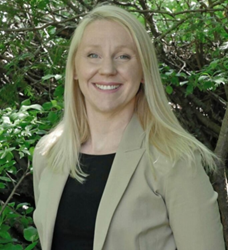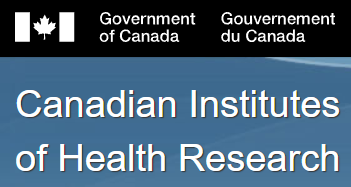
SOLVE
solidarity for vaccine equity
goal
re-imagining governance for a more equitable future
project context
" We cannot eliminate the pandemic in Canada unless we end it everywhere." Government of Canada
Over the course of the COVID-19 pandemic, high-income countries, including Canada, endorsed the importance of human rights, collective global responses to the pandemic; and donor support for low- and middle-income countries' equitable access to COVID-19 related medicines, supplies, and equipment.
what can we learn from vaccine nationalism?
Pandemics affect collective global health, fueled by viruses that do not follow rules or recognize the existence of national borders. As vaccines became available during the COVID-19 pandemic, vaccine nationalism directly contributed to preventable health and economic losses across the world.
Canada's actual policies and actions for global vaccine governance contradicted its rhetoric of global solidarity, revealing ethical incoherence that continues to shape an inequitable political economy of vaccines. Rocognizing the critical need for cohesive global responses to the global health issues humanity continues to face, the SOLVE study looks deeply at how a policy trajectory of vaccine nationalism unfolded. Alongside consideration of ehtics and political economy, and using a process of policy analysis and deliberative dialogue, SOLVE offers a platform for learning-driven insights that can inform an evolved global governance for more equitable futures.
the SOLVE study provided a short video response to the question:
What have we learned from the COVID-19 pandemic that could shape responses to future pandemics?
SOLVE Submission to Second Public Hearings of the INB
SOLVE team
co-investigators
Katrina Plamondon, PhD, RN
Principal Investigator
University of British Columbia, Okanangan
Roojin Habibi, JD
York University
Ronald Labonté, PhD, FCAHS, HonFFPH
University of Ottawa
Mohammad Karamouzian, PhD, DVM
University of British Columbia
Mira Johri, PhD
Université de Montréal
Jenna Dixon, PhD
University of British Columbia, Okanagan
Vardit Ravitsky, PhD
Université de Montréal
Srinivas Murthy, MD CM, MHS
University of British Columbia
project team
David Walugembe, Ph.D. - Postdoctoral Researcher
Christine Edet, Ph.D.(c) - Research Coordinator
Rodrigo Curty Pereira - Research Assistant
Shaheer Khan - Research Assistant
Ossman Abuzukar - Research Assistant
Eduardo Nunez - Research Assistant
Chanel Fu - Research Assistant
-
The SOLVE project team is made up of highly specialized researchers from diverse backgrounds, allowing for stimulating discussions and intriguing outlooks.
-
In Canada, "health equity means all people (individuals, groups, and communities) have a fair chance to reach their full health potential and are not disadvantaged by social, economic and environmental conditions"
- National Collaborating Centre for Determinants of Health
-
This project examines Canada's ethical obligations for global collective health by leveraging insights from vaccine nationalism and its effects.
-
This project will map Canada's policy trajectory through a systematic equity analysis lens, deliberate over evidence and equity-informed recommendations for global governance of pandemics and re-imagine what governance considerations, principles, or guidelines can and should inform global solutions to pressing global issues.
resources
Re-imagining governance for more equitable futures, Pre-Dialogue Concept Note (Fall 2023, Open access)
Following an enlightening series of conversations, we synthesized the input from stakeholders in this report.
The SOLVE study started a series of deliberative dialogues to engage diverse stakeholders on equity-focused questions that impact global health governance, vaccine nationalism, and preparedness for future pandemics.
We are pleased to share this booklet - and its companion one page summary - that represents the main outcomes of our analysis of Canada's approach to vaccine governance during the COVID-19 pandemic. This booklet, available as both a flippable, online book and a PDF, provided a collective point of departure for our discussions during the dialogues that took place in the fall (September 7th and 14th 2022).
Deliberative Dialogue, Cycle 1 Report (November 2022, Open access)
Integrating Equity Considerations in a Pandemic Instrument, Report submitted to the Intergovernmental Negotiating Body of the World Health Organization (December 2022, Open access)
The SOLVE study is contributing to the ongoing development of a potential pandemic treaty facilitated by the World Health Organization Intergovernmental Negotiating Body on a Pandemic Treaty (WHO-INB). We have had the opportunity to participate in a number of informal consultations as well as provided feedback on a conceptual draft of the proposed treaty.
Intervention delivered at the United Nations High-Level Meeting on Pandemic Prevention, Preparedness & Response (May 2023, Open access)


















